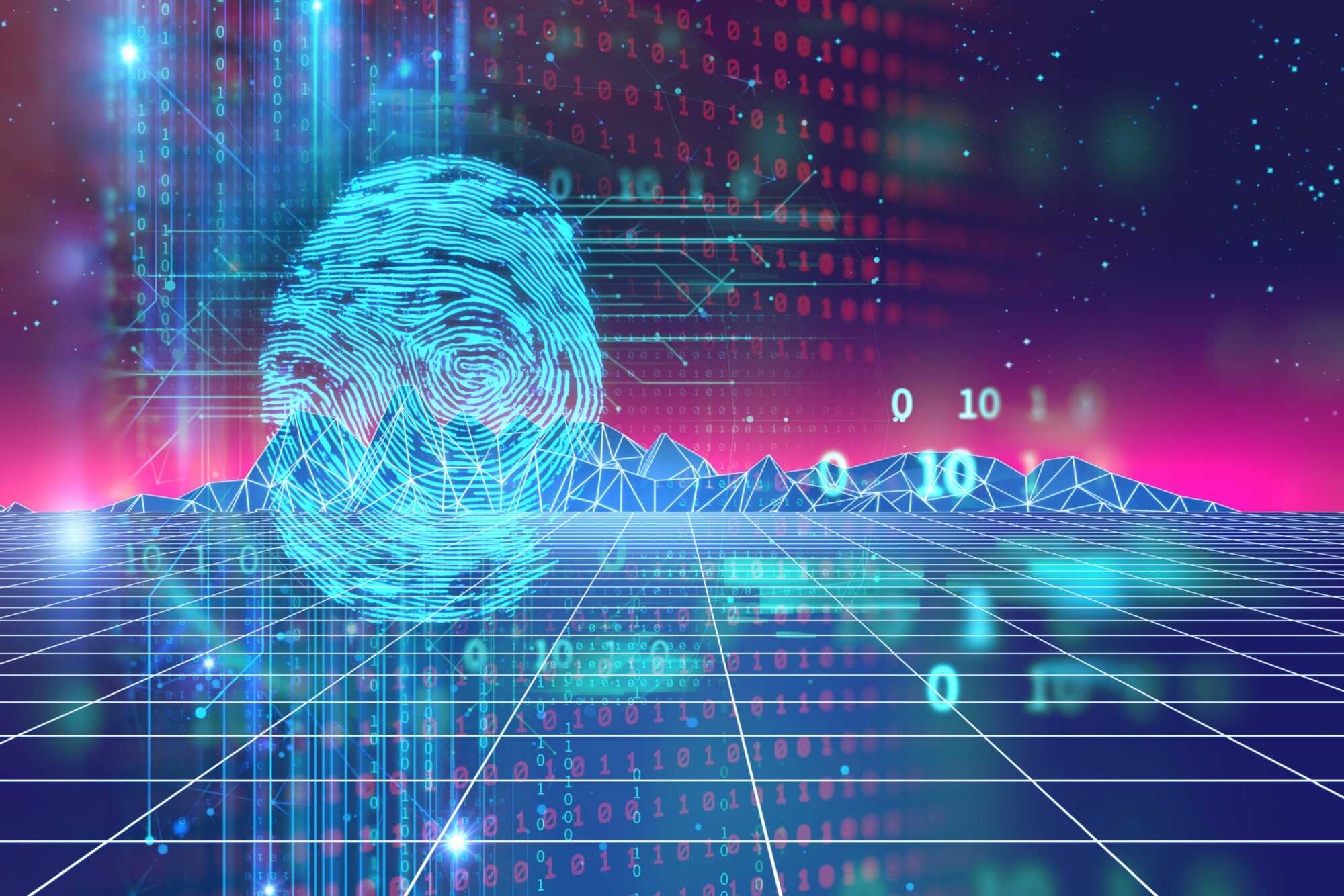on
BY SIMONE J. SMITH
“Eventually we will have some digital certificates to show who has recovered, or been tested recently, or when we have a vaccine who has received it.” Bill Gates
Welcome to another crazy week in a world that is nothing like how we ever imagined it to be. This week, I want to introduce to you another aspect of this ever-evolving madness that we call the pandemic, a technological concept that is in our peripheral right now but will become part of our lives very soon.
The concept is known as a digital certificate. What is that you ask? What an excellent question. I will do my best to answer that, as well as provide some background behind it, and why it is important that you are aware of its arrival here in Canada.
A digital certificate is a form of identification that can be authenticated remotely over digital channels. It is issued by a national or local government, by a consortium, private, or non-profit organization. It can also be issued by an individual entity.
The concept of a digital certificate is not new and has actually been in the works since 2016. It was first introduced by contributing partners: Microsoft, The Rockefeller Foundation, GAVI Vaccine Alliance, Accenture, and IDEO-ORG. Its technical label is ID2020, and according to the website (https://id2020.org/) it has advocated for ethical, privacy-protecting approaches to digital ID.
In their explanation as to why digital certificates are necessary, they report that for the one in seven people globally who lacks a means to prove their identity, digital ID offers access to vital social services and enables them to exercise their rights as citizens and voters and participate in the modern economy. Their claim is that having a digital id puts control of personal data back into the hands of the individual.
Look around; technology is evolving at a blinding pace and many of the transactions that require identification are today being conducted digitally. It is in the form of: e-passports, digital wallets, online banking, and social media accounts. They propose that the new forms of digital ID will allow us to travel, conduct business, access financial and health records, stay connected, and much more.
They admit that while the move to digital ID has had many positive effects, it has been accompanied by countless challenges and setbacks, including large-scale data breaches affecting millions of people.
Now, there are some real-world benefits to having recognized identification, especially for people who do not have identification (refugees) and are displaced without identification. It is for this reason that digital certification is being pursued around the world, from Australia to India, and now even in Ontario.
About four months ago, Premier Doug Ford and Peter Bethlenfalvy, Chair of the government’s newly established “Future State Modernization Committee,” announced that they would be implementing a “Digital Identity Program, called “Ontario Onwards: Ontario’s COVID-19 Action Plan for a People-Focused Government” (https://www.ontario.ca/page/ontario-onwards-action-plan). The provincial government is looking to introduce a secure digital identity for the people of Ontario by the end of 2021.
Governments around the world seek to digitize their citizens in an effort to universalize government services. Technologists and policy makers with good intentions are digitizing our identities, making modern life more efficient and streamlined.
Naturally, the government is painting the digital certificate (ID), as being a very positive move forward, especially in fighting COVID-19. What we have to do as citizens is read the fine print. What are they not telling us about this digital ID?
Well, we have to look at the systems being used to create our digital certificate. These systems use artificial intelligence and machine learning to make decisions based on our identities. These systems are often built on data that can reinforce bias and discrimination and are wielded without sufficient transparency or human review. These certificates are already in use in China (social credit systems), and can enable, or disable our full and free participation in society.
“Because immunization is conducted in infancy, providing children with a digital child health card would give them a unique, portable digital identity early in life. And as children grow, their digital child health card can be used to access secondary services, such as primary school, or ease the process of obtaining alternative credentials. Effectively the child health card becomes the first step in establishing a legal, broadly recognized identity.”
Immunization: an entry point for digital identity (ID2020, 2018)
There seems to be a very specific end goal with the development of this technology; digital certificates will become necessary to function in a connected digital world. If you think about it, this type of power in the wrong hands could be very dangerous. Work is already being done to splinter the Internet, collect and localize data, and impose regimes of surveillance and control. The digital ID system, as it is being developed right now, is ripe for exploitation and abuse. It is quite possible that it will be to the detriment of our rights and freedoms.
In the wrong hands, this type of technology can be misused. Digital ID programs can be deployed for political and social control, and private-sector firms could misuse digital ID’s for commercial gain by influencing consumers in ways that they do not understand.
The worry for some is that a digital ID program could be used against the people. If governments decide to include vaccinations in our digital ID’s this could mean that if you do not want to take this COVID-19 vaccine, your way of life might become limited.
It is better to know both sides of the story, then to not know at all. Pay attention and watch the news in the upcoming months for more stories about digital certificates.
Stay in the loop with exclusive news, stories, and insights—delivered straight to your inbox. No fluff, just real content that matters. Sign up today!
We, as humans are guaranteed certain things in life: stressors, taxes, bills and death are the first thoughts that pop to mind. It is not uncommon that many people find a hard time dealing with these daily life stressors, and at times will find themselves losing control over their lives. Simone Jennifer Smith’s great passion is using the gifts that have been given to her, to help educate her clients on how to live meaningful lives. The Hear to Help Team consists of powerfully motivated individuals, who like Simone, see that there is a need in this world; a need for real connection. As the founder and Director of Hear 2 Help, Simone leads a team that goes out into the community day to day, servicing families with their educational, legal and mental health needs.Her dedication shows in her Toronto Caribbean newspaper articles, and in her role as a host on the TCN TV Network.













